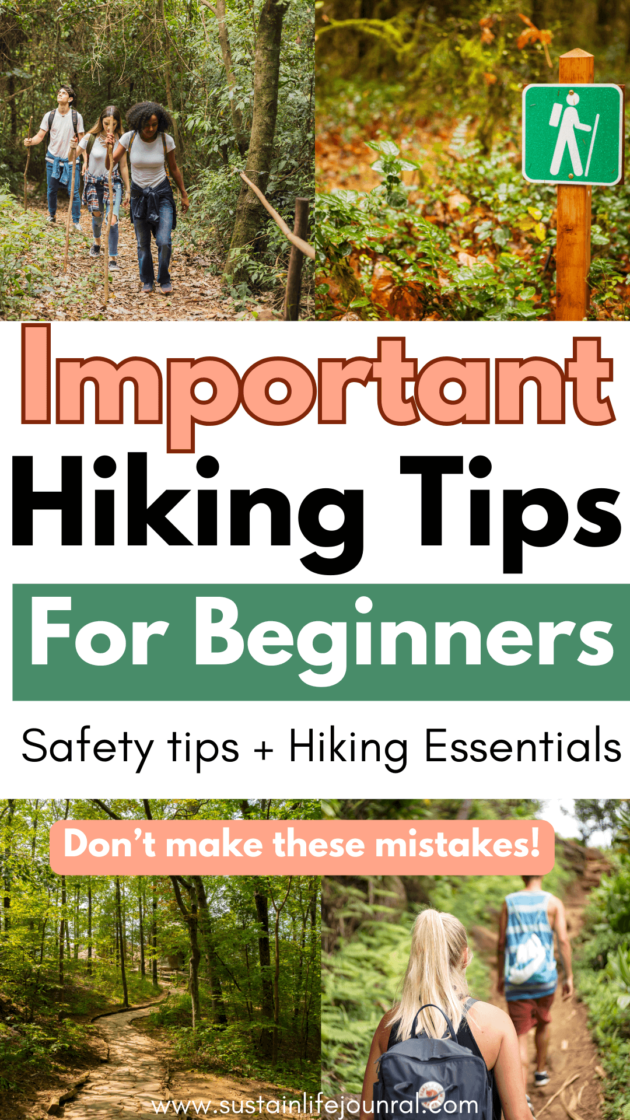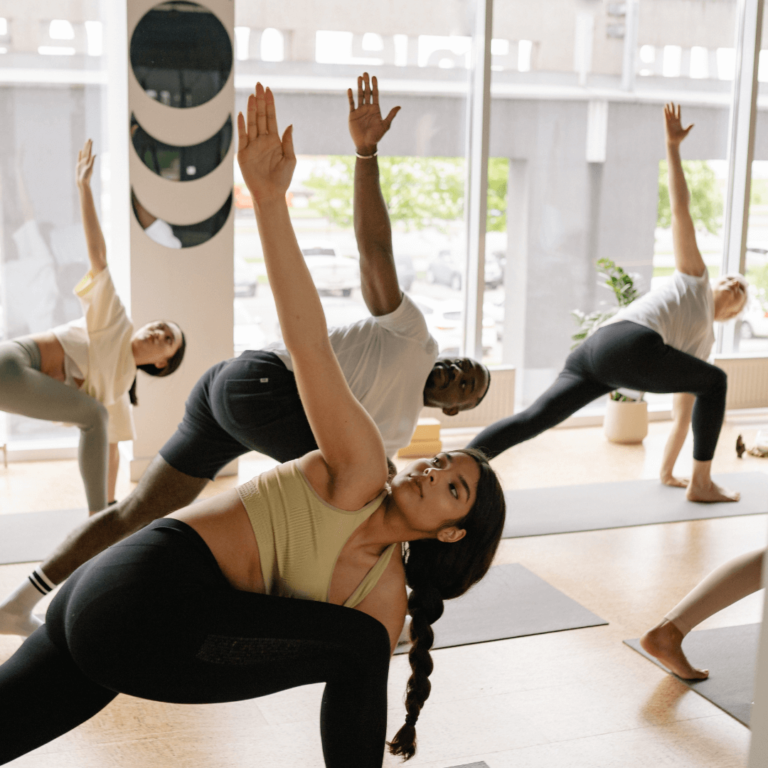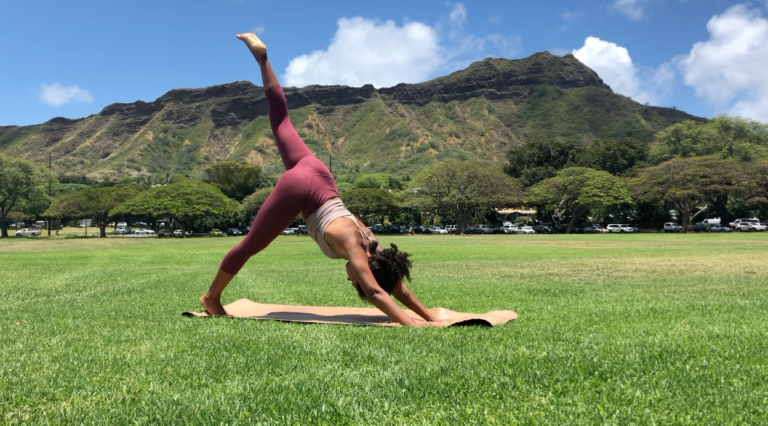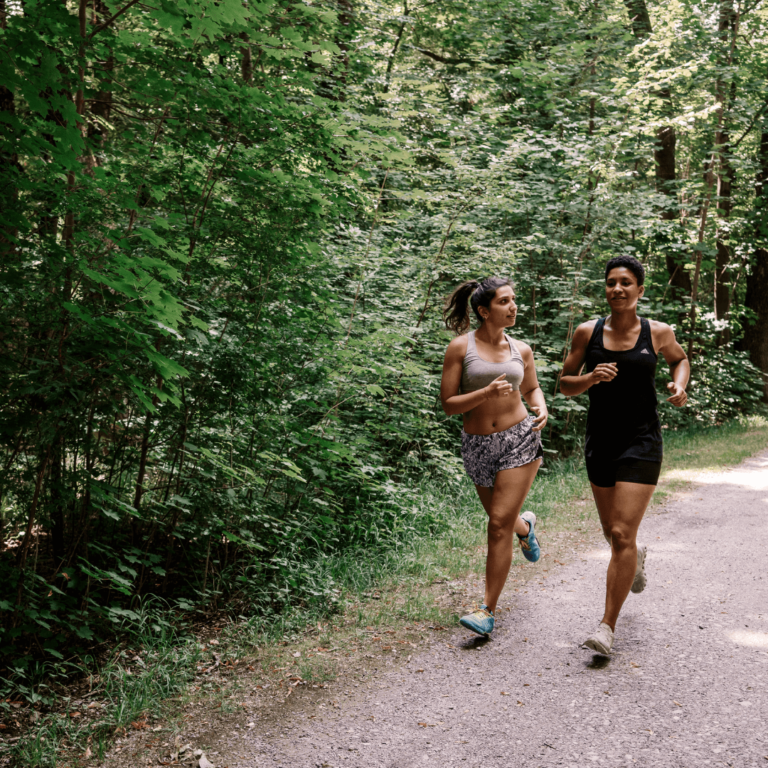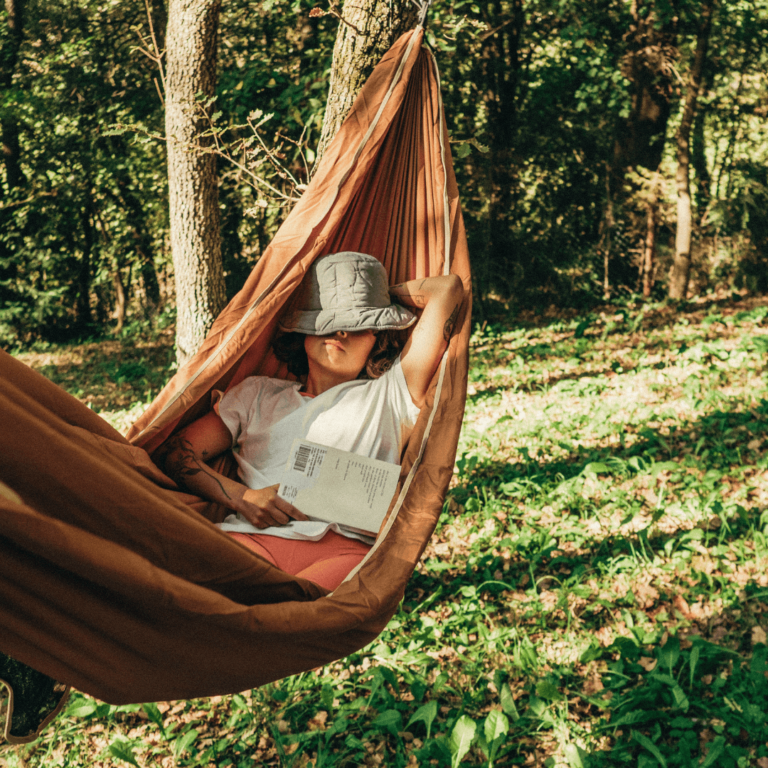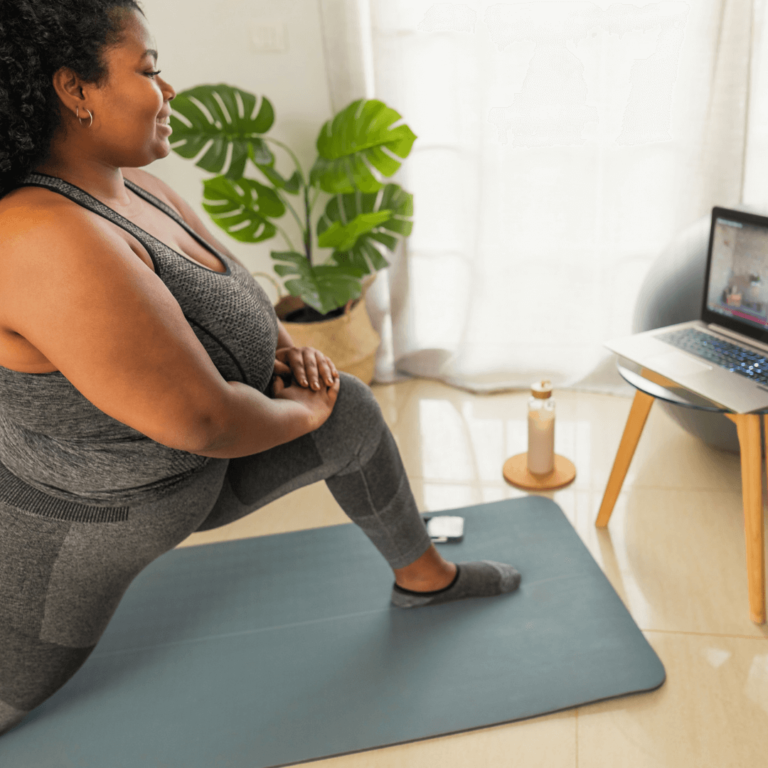5 Important Beginner Hiking Tips For Safety
If you are interested in hiking, then this list of beginner hiking tips till help you to enjoy your time in nature while staying safe!
Since modern society has disconnected us from the great outdoors I really feel like wandering into the woods every now and then is important. Between our busy lives and sterilized spaces, it can feel like a reset to be outdoors where everything moves slowly. It helps us to stay curious and reignites our innate connection to nature.
I wanted to put together a list of basic hiking tips because I have learned some of these lessons the hard way and also frolicking around in the woods can be pretty dangerous!
Hopefully, this can help you to have a more enjoyable hiking experience and keep you and others safe.
This post is all about the best hiking tips for beginners.
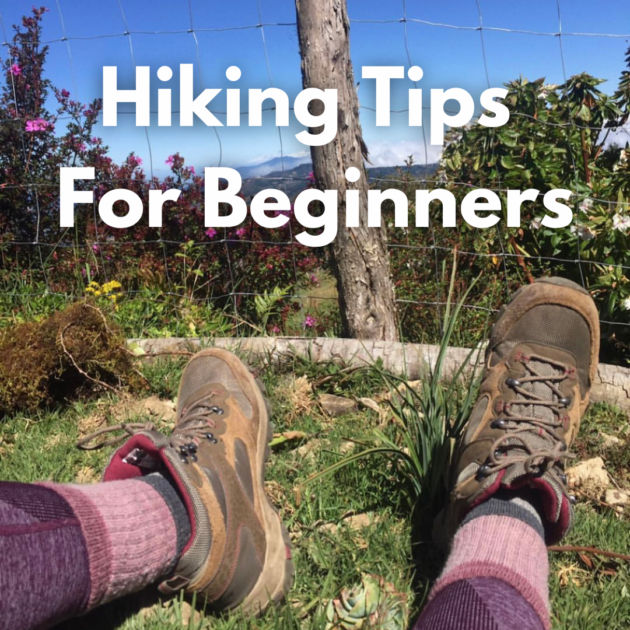
The Best Tips For a Beginner Hiker
1. Safety tips for beginner hikers
Don’t hike alone
Always bring a buddy. Most of the hikers that get lost or hurt in my area are always alone. I’m talking helicopters circling and people getting airlifted out.
Not trying to spook you but it happens. If you want to enjoy nature by yourself go to a park but heading into the woods alone is risky.
The conditions of the hike can be surprisingly dangerous, there are other hikers that could have bad intentions and of course wild animals. Even as an experienced hiker, I myself don’t find it worth it to go alone.
Choose a hiking trail that is accessible for everyone’s skill level in your group as well. If someone needs to take a break (for whatever reason!) stick together and keep an eye out for each other.
This is a great way to minimize most hiking accidents.
Where to find hiking buddies?
If you can’t find a friend or family member to hike with you, consider checking out meetup.com. There are tons of groups on there and even if there isn’t a hiking group you may be able to find an outdoorsy group that would be open to adding in a few beginner hikes.
If Meetup isn’t popular in your area you may be able to find local hiking groups on social media like Instagram or Facebook.
There are also more niche groups popping up that are working to make hiking more accessible to people that may not have considered hiking before or had access to it.
Outdoor Afro and Unlikely Hikers are two groups that are doing amazing work in this regard.

Bring your cell phone
I am all for disconnecting from technology but when hiking it is best to have a fully charged phone in your bag.
Even if you don’t want to turn it on it is a major safety measure if things are to go awry.
Check the weather
It’s a good idea to check the weather forecast the morning of your hike. Getting caught in bad weather conditions can really ruin your hike.
One of the best ways to stay safe while hiking is to be prepared and knowing the conditions is part of that.
Tell someone where you’re going
Let your roommate, partner, parent etc. know that you are venturing out.
Even if you are going with a buddy, it is good to let other people know that you will be in a remote area.
Start with easy hikes
Start with a nature walk or short hike that is only a few miles. The more you hike, the more miles you can add to your hike length.
Hiking takes endurance. Even if you are pretty fit you may notice that this kind of exercise is more demanding in surprising ways. Give yourself time to break in your hiking gear and get acquainted with your local trail system.
Just like any other hobby or sport, there is always room to grow. Once you tackle the easy hikes, you can move onto more challenging hikes.
What to look for when researching the best trails for beginners:
- Well-marked trails
- Popular trail (They are popular for a reason!)
- Good reviews from experienced hikers
- Short day hike (save the multi-day hike for when you are more experienced)
- It’s in a state park or other popular area
2. Navigation tips for your first hike
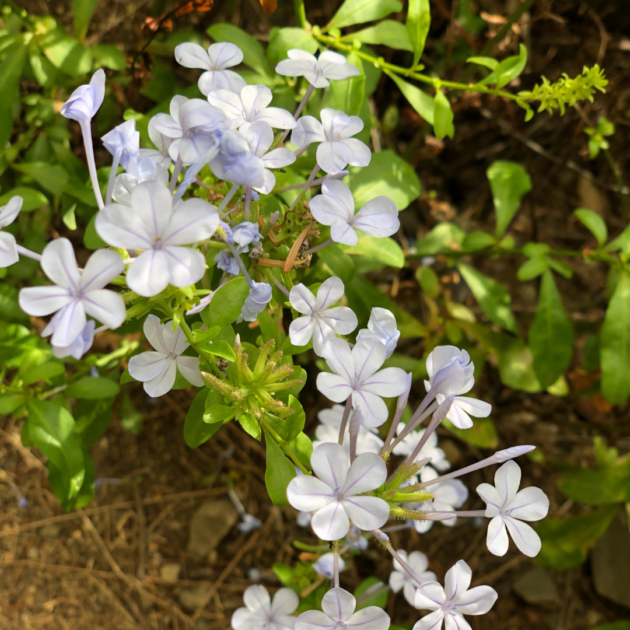
Use an app (or compass and map)! My favorite app is All Trails.
If you’re not familiar with it, it tells you the hike’s length, terrain, and has reviews from other hikers.
This can be helpful because sometimes hikes shut down for maintenance, are on private property, have car break-ins nearby, have fees and the list goes on.
The positive side to that list haha would be cool waterfalls to check out, endangered animals/plants you can spot etc.
Doing a bit of research can go a long way when hiking.
Know what you are getting yourself into
Know how long the hike takes and what kind of terrain you will be on i.e. crossing rivers, in direct sunlight, or under tree coverage.
ESPECIALLY if you are on vacation/traveling and don’t know anything about the area.
National parks can be a wonderful spot to hike because they tend to have maintained hikes, staff and amenities. You can ask park rangers questions about things to look out for (animals, trail conditions, elevation gain etc.) when hiking as well.
{RECOMMENDED POST: 9 Camping Organization Ideas For An Organized Camping Trip}
Stay on the path
Don’t stray off the trail.
Unless you are with an experienced guide that knows what they’re doing it is not worth going off the path.
You can get lost, injured or cause damage to a trail. Many trails are maintained to cause little harm to the environment and if people constantly go off trail it can further erosion.
Start your hike early!
Navigating in the dark can be dangerous since you can’t see trail signs and different animals may be roaming at night. Beat the heat and get started in the cool of the day.
Disclaimer: again, if you are with an experienced guide, that’s different.
When I was studying abroad in Costa Rica I saw a night hike advertised where you got to see rare nocturnal animals!
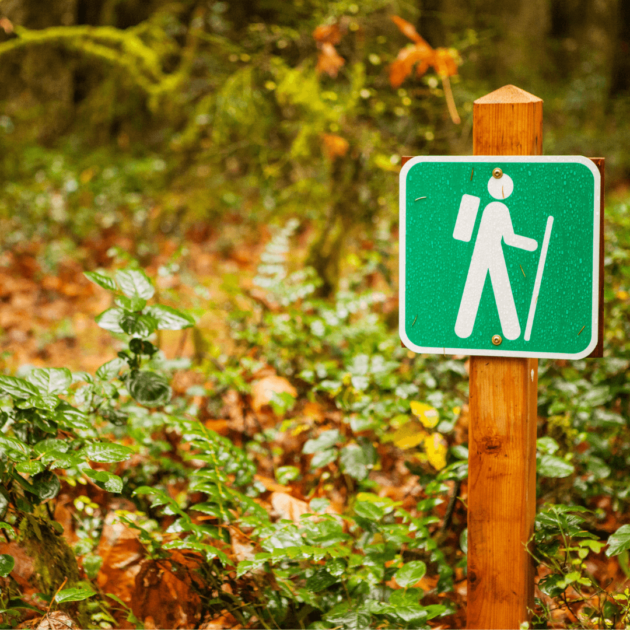
3. Have the right hiking gear
Invest in quality hiking shoes
I have a pair of Tevas that I love (and highly suggest!) because they are water shoes but have good enough grip to handle steep areas.
I’m not too familiar with hiking in cold climates (with snow) so I don’t have too many shoe recommendations for that.
Overall make sure no matter the terrain they are comfortable and have great tread.
Bring snacks and water
No one wants to hike with someone that is hangry!
My favorite hiking snacks are nuts, fruit, and granola bars. They are nutritious and won’t get squished in your pack.
Not to be boring but my favorite water bottle is hydroflask. They are worth the investment since they last forever, keep your water cold and are pretty lightweight.
Wear long sleeves, long pants and a hat.
This all offers sun protection, bug protection and plant protection (from spikes, thorns, needles etc.).
You can always dress in layers to help you control your temperature as you walk.
Wear sunscreen!
Sunscreen is a necessity every day but definitely when you’re outside. Don’t forget to reapply it every couple of hours as well.
{RECOMMENDED POST: The Best Foods To Dehydrate For Snacks}
Don’t overpack
Whatever you pack you have to carry. It is always great to be prepared but be mindful of the weight of your pack.
This is also why making a plan, researching the hike and knowing the day’s current conditions is so important.
Here is a list of hiking essentials for beginners:
- First aid kit
- Rain jacket
- Water bottle (make sure you have enough water for longer hikes! Bring extra water for warmer weather)
- Snacks
- Extra layer for cooler days
- Sunglasses & hat
- Trail map
- Compass (in case your phone dies)
- Emergency foil blanket
- Bug repellant & sunscreen
- Whistle or mini alarm
- Flashlight (again, try your best to avoid hiking at night)
- Knife, pepper spray etc.
This list may seem overboard but it is better to be prepared than get stuck in a situation on the trails when you wish you had packed more.
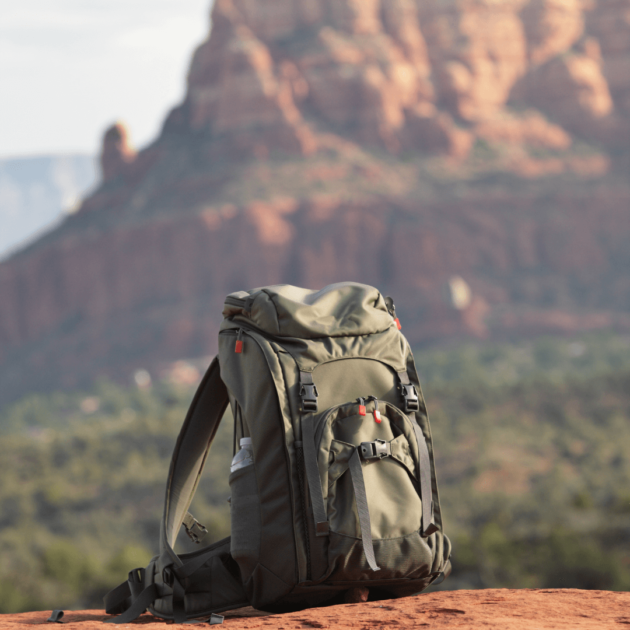
4. Be honest about your hiking abilities
Don’t “do it for the gram”!
If you are new to hiking or working out in general check in with yourself about what seems doable.
Everyone has to start from somewhere.
There are certain hikes in my area I don’t do because I know I’m not quite at that level yet (emphasis on yet!)
You don’t want to put yourself at risk of getting hurt, overheated, exhausted etc. Be honest about your skill level and fitness level.
How to train your body for hiking
Start with daily walks on even terrain. This could be a simple daily walk around your neighborhood or around a school track. This will help you to build stamina and get your body used to extra cardio.
Take breaks-no shame!
It’s supposed to be fun! Take time to enjoy the views, chat with your hiking buddy and rest your body as you go.
There’s no shame in resting while doing physical activity.
5. Be Mindful
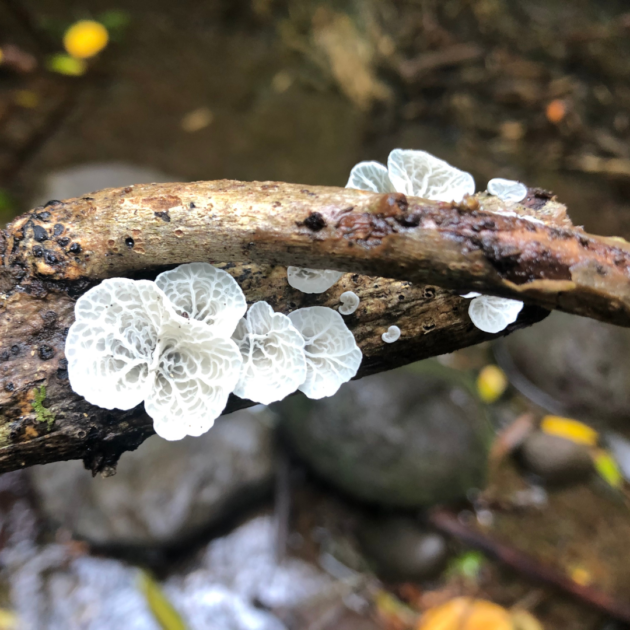
If you are bringing your dog
Most of the tips that apply to humans apply to our furry friends too.
Make sure you have plenty of water and that they are physically fit enough to do the hike.
If you have a mostly indoor dog they might not be ready for the great outdoors.
Watch out for other animals! Domesticated or wild animals could cause an issue.
Lastly, make sure to comb through their fur to check for ticks, bugs or plants that can get stuck and carried elsewhere.
Document but be present
Enjoy your disconnected time in nature but do be sure to snap pics!
When I’m in a whirlwind of a week I love being able to look back on my camera roll at a collection of photos from time spent in nature.
Wash or brush off the bottom of your shoes after hiking
Seeds can get stuck on the bottom of your shoes and spread to the next place you wear your shoes.
If you have invasive species in your area you don’t want to help it spread around.
Some hikes have brush stations for your shoes or you can bag them up and wash them when you get home. Another option is spraying the bottom of your shoes with alcohol before hiking.
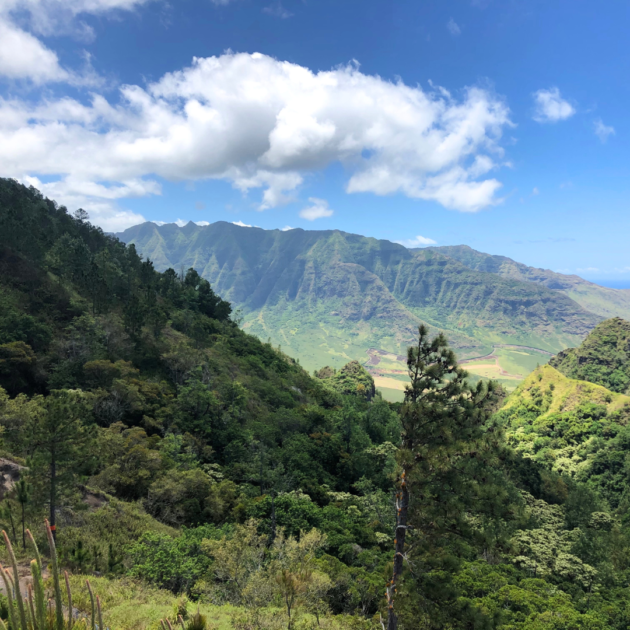
Don’t litter/ Leave no Trace
I am assuming that if you are on this site then you probably wouldn’t think twice about littering. It is so incredibly important to respect the natural environment and not leave litter behind.
If you bring single use plastic for snacks or water, be sure to securely place it in the bottom of your bag so it doesn’t fly away. Many trail heads will have trash cans and sometimes recycling bins as well.
I hope this list was informative and made you feel more excited about hiking! Overall, use your common sense and trust your gut.
Do you have any questions about hiking for beginners? Let us know in the comments below!
Be sure to sign up for the newsletter if you would like sustainability and wellness tips sent directly to your inbox!
Stay well,
Maggie
This post was all about the best hiking tips for beginners.
Other posts you may like:
9 Practical Home Half Garage Gym Ideas For a Budget Friendly Home Gym
6 Unique Active Date Ideas For Health Conscious Couples
Ultimate Guide To Your First Yoga Class (Everything You Need To Know To Feel Confident)
If you would like to save this post for later-Pin it!
